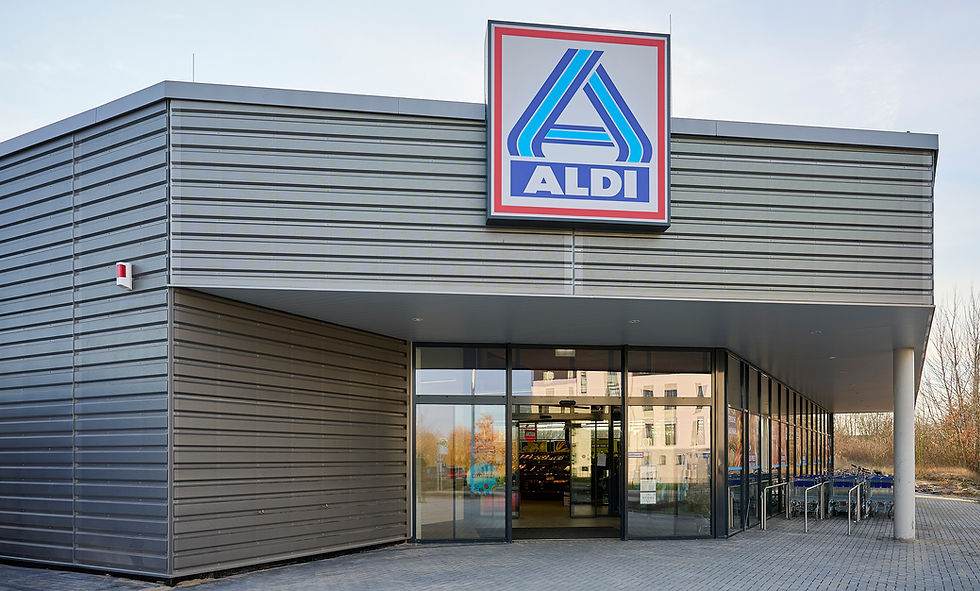Germany: AI reduces food waste for retailers
- DRC Discount Retail Consulting GmbH

- Jul 24, 2023
- 1 min read
In a 2021 study, the UN estimated that 17 per cent of total food produced for human consumption goes to waste at the retail and consumer level each year. In retail, a large amount of this wasted food consists of fresh produce such as fruits and vegetables. This is because fresh produce ordering is often still done manuall, which can lead to over and under-ordering. Now, startup Freshflow is focused on tackling this problem.
The startup’s AI-powered forecasting platform makes predictions about how much produce will be needed, based partly on weighting different factors that may affect demand, including weather, season, and local events. It also incorporates available retailer data to do probabilistic modelling and predictions of how much of each type of produce is needed to match the forecast supply and demand.
The entire process is largely automated; the system uses an iPad app that retailers use to track levels of produce in stock and needed. According to the company, the system is already live in four stores, including one of Germany’s largest grocery retailers and three stores in Eastern Europe. The company claims that these early adopters have already experienced a 16.7 per cent revenue boost, while producing 30 per cent less food waste.
What is more, the plug-and-play software is easy to install, snapping onto a store’s pre-existing enterprise resource planning systems, and can be up and running in a month.
Other recent food waste innovations recently spotted include sustainable packaging that keeps perishable food cool, a food waste management system for commercial kitchens, and an app that helps families avoid food waste.





Comments